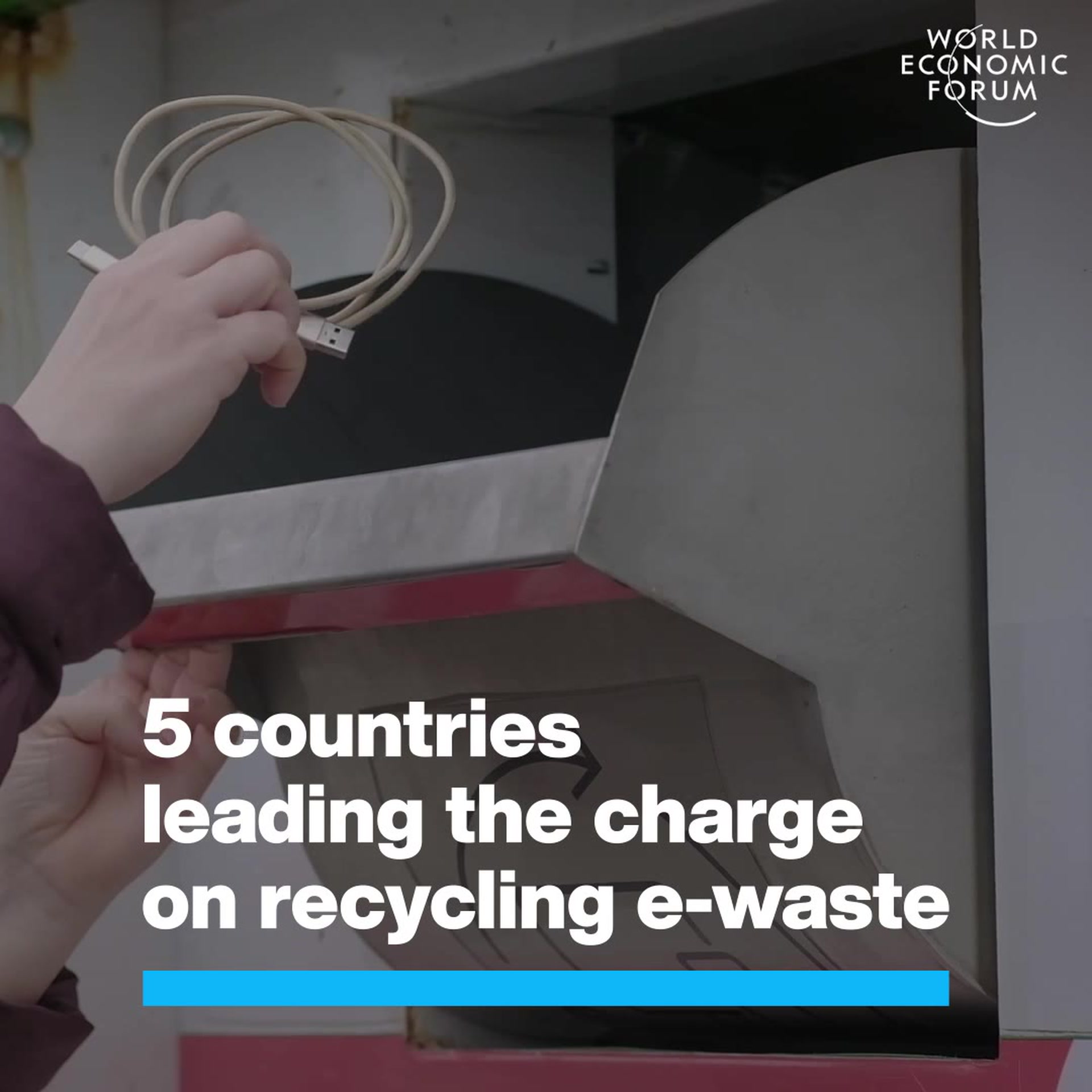Europe's fast-warming climate is a challenge, but renewables offer hope: WMO

Climate change is taking a major human, economic and environmental toll, the report highlights. Image: Pexels/Quang Nguyen Vinh

Get involved with our crowdsourced digital platform to deliver impact at scale
Stay up to date:
Climate Crisis
- Europe has been warming twice as fast as the global average since the 1980s.
- The summer of 2022 was the hottest ever recorded in Europe, with extreme heat, drought, and wildfires causing widespread damage.
- Renewable energy generated more electricity than natural gas in the EU for the first time in 2022.
According to a report issued by the World Meteorological Organization (WMO) and the European Union’s Copernicus Climate Change Service, during 2022, multiple nations in the region had their warmest year on record but the expanded use of renewable energy provides a silver lining.
Extreme heat, drought and wildfire, marine heatwaves, unprecedented glacier melt – the State of the Climate in Europe 2022 report, shows that decades of accelerated heating has had far-reaching impacts on the region’s socio-economic fabric and ecosystems.
Climate change toll
In 2022, the region was approximately 2.3°C above the pre-industrial average used as a baseline for the Paris Agreement.
Climate change is taking a major human, economic and environmental toll, the report highlights.
“Summer was the hottest ever recorded: the high temperatures exacerbated the severe and widespread drought conditions, fuelled violent wildfires that resulted in the second largest burnt area on record, and led to thousands of heat-associated excess deaths,” said WMO Secretary-General Petteri Taalas outlining the findings.
What’s the World Economic Forum doing about climate change?
Worrying indicators
Belgium, France, Germany, Ireland, Italy, Luxembourg, Portugal, Spain, Switzerland and the United Kingdom had their warmest year on record last year and the summer in Europe was the hottest ever recorded.
The 2022 annual average temperature for Europe was between the second and fourth highest on record, with an anomaly of about 0.79 °C above the 1991–2020 average.
With precipitation below average across much of the region in 2022, France had its driest January to September, and the United Kingdom had its driest January to August since 1976, with far-reaching consequences for agriculture and energy production.
Spain’s water reserves decreased to 41.9 per cent of total capacity by 26 July, with even lower capacity in some basins.
Glaciers in Europe lost about 880 cubic kilometres of ice from 1997 to 2022.
The Alps were worst affected, with an average reduction in ice thickness of 34 meters. In 2022, glaciers in the Alps experienced a new record loss of mass in a single year, triggered by low winter snowfall, an extremely warm summer and dust deposits from the Sahara.
The melting of the Greenland Ice Sheet contributed around 14.9 mm to global mean sea-level rise. And according to scientific assessments, it continued to lose mass during 2022, said the WMO report.
Average sea surface temperatures across the North Atlantic were the warmest on record and large portions of the region’s seas were affected by powerful marine heatwaves. The rates of surface ocean warming, particularly in the eastern Mediterranean, the Baltic, the Black Sea, and the southern Arctic, were more than three times the global average.
Weather-related deaths
The record-breaking heat stress that Europeans experienced last year was one of the main drivers of weather-related excess deaths.
Based on information in the Emergency Events Database (EM-DAT), meteorological, hydrological and climate-related hazards in Europe in 2022 resulted in 16,365 reported fatalities and directly affected 156, 000 people.
The co-authors of the report warned of more distress to come, as the alarming figures “cannot be considered a one-off occurrence or an oddity of the climate.”
“Our current understanding of the climate system and its evolution informs us that these kinds of events are part of a pattern that will make heat stress extremes more frequent and more intense across the region,” said Dr Carlo Buontempo, Director of the Copernicus Climate Change Service.
Hope from renewables
The report also highlights the implications of Europe’s extreme weather patterns for the supply, demand and infrastructure of Europe’s energy system.
But, in a sign of hope for the future, renewable energy generated more electricity than natural gas last year. Wind and solar power generated 22.3 per cent of European Union’s electricity in 2022, while natural gas accounted for 20 per cent.
“For the first time, more electricity was generated by wind and solar than by fossil gas in the EU. Increasing use of renewables and low-carbon energy sources is crucial to reduce dependence on fossil fuels,” said Mr. Taalas.
Don't miss any update on this topic
Create a free account and access your personalized content collection with our latest publications and analyses.
License and Republishing
World Economic Forum articles may be republished in accordance with the Creative Commons Attribution-NonCommercial-NoDerivatives 4.0 International Public License, and in accordance with our Terms of Use.
The views expressed in this article are those of the author alone and not the World Economic Forum.
Related topics:
The Agenda Weekly
A weekly update of the most important issues driving the global agenda
You can unsubscribe at any time using the link in our emails. For more details, review our privacy policy.
More on Climate ActionSee all
Neeshad Shafi
May 1, 2024
Johnny Wood
May 1, 2024
Nils Aldag and Christopher Frey
May 1, 2024
Pooja Chhabria and Michelle Meineke
April 28, 2024
Lisa Donahue and Vance Scott
April 28, 2024






